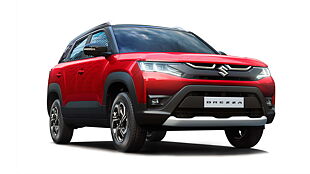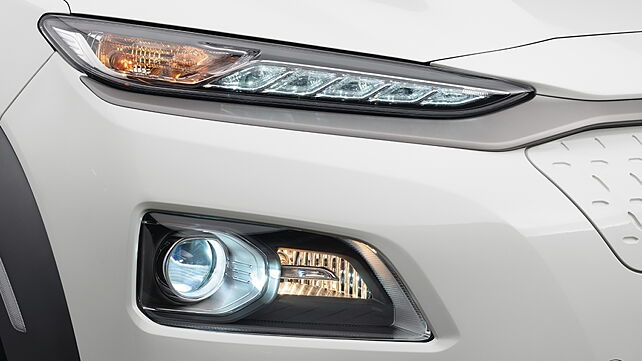
Globally, automobile manufacturers have been actively working towards the development of EV technology. In the last few years, we have witnessed significant technology upgrades. India is one of the countries that has been actively working on introducing technology for greener mobility. In terms of battery cell manufacturing, China has the first-mover advantage as compared to Europe and the US, as China dominates the global Li-ion battery supply chain, thereby offering them a competitive advantage.
When compared to the Indian market, China is ahead by five-seven years in EV evolution, particularly in the passenger vehicle segment. That said, the Indian automotive industry could capitalise on its vast two-wheeler and three-wheeler segment to become the world’s leading electric two-wheeler and electric three-wheeler manufacturer.
At the recently concluded webinar held by the PHD Chamber of Commerce and Industry, the expert panel highlighted the following key requirements for EV market development in India -
Affordability
India is a price-sensitive market. Currently, most of the mainstream electric vehicle options in the passenger vehicle segment are priced significantly higher than the conventional models with an internal combustion engine. The manufacturers and the government have to collaboratively ensure that electric vehicles are affordable for the layman.
Complete Mobility Ecosystem
The manufacturers need to invest across the supply chain to offer reliable after-sales service to customers. Additionally, adequate provisions have to be made for battery recycling.
Multi-Level Policy Support
Indian taxation policies, least said, are not the friendliest. To boost EV sales, the government can offer additional tax rebates over the current ones and also provide incentives for localisation. Moreover, coordination between state and centre governments will also go a long way in boosting this sector.
Charging infrastructure
In the last few years, we have come across many plans for infrastructure development in India. However, the ground reality is quite different. In an effort to lure buyers to EVs, there has to be adequate infrastructure development across both residential and commercial places.
Investment in battery technology
Limited driving range has been one of the reasons why buyers have refrained from upgrading to EVs. An improved battery performance would be helpful in the absence of charging infrastructure. Moreover, it would also mean less frequent stops for recharge.
Consumer awareness
Currently, there is limited knowledge on the EV technology in India and EV manufacturers need to invest time and effort in consumer awareness. This includes conveying information about tax benefits, financing options, and more to customers.
Policy push
The country has to uniformly adopt mandated adoption target, including scrappage policy for vehicles with conventional engines. The scrappage policy offers tax rebates of up to 25 per cent by the state government and five per cent discount on new cars to be provided by the manufacturers, upon showing the scrapping certificate. Additionally, waiver of registration fee is also applicable for a new vehicle.

![Tata Nexon EV [2020-2022] Image Tata Nexon EV [2020-2022] Image](https://imgd.aeplcdn.com/272x153/n/cw/ec/42611/tata-nexon-ev-right-front-three-quarter6.jpeg?q=80)
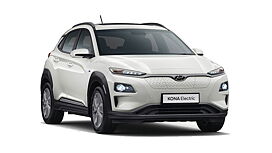
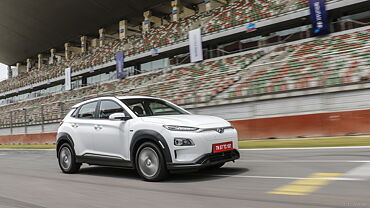
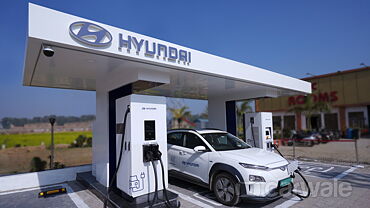
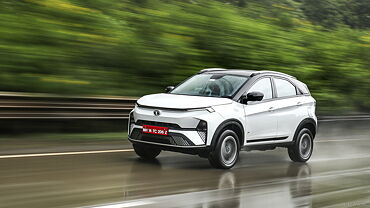
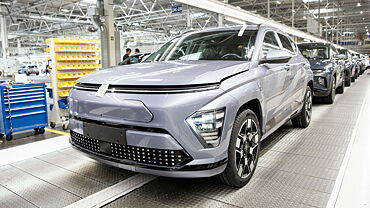
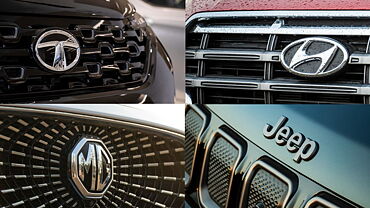
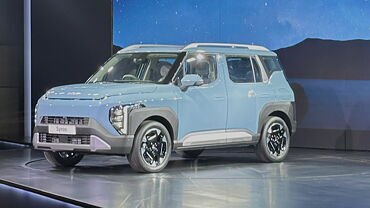





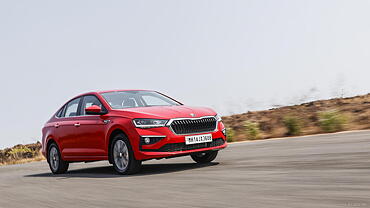
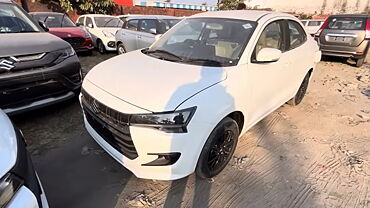


![Tata Nexon EV [2020-2022] Right Front Three Quarter Tata Nexon EV [2020-2022] Right Front Three Quarter](https://imgd.aeplcdn.com/199x112/n/cw/ec/42611/tata-nexon-ev-right-front-three-quarter6.jpeg?q=80)
![Tata Nexon EV [2020-2022] Right Front Three Quarter Tata Nexon EV [2020-2022] Right Front Three Quarter](https://imgd.aeplcdn.com/199x112/n/cw/ec/42611/nexon-ev-exterior-right-front-three-quarter-2.jpeg?q=80)
![Tata Nexon EV [2020-2022] Left Rear Three Quarter Tata Nexon EV [2020-2022] Left Rear Three Quarter](https://imgd.aeplcdn.com/199x112/n/cw/ec/42611/nexon-ev-exterior-left-rear-three-quarter.jpeg?q=80)
![Tata Nexon EV [2020-2022] Dashboard Tata Nexon EV [2020-2022] Dashboard](https://imgd.aeplcdn.com/199x112/n/cw/ec/42611/nexon-ev-interior-dashboard.jpeg?q=80)
![Tata Nexon EV [2020-2022] Steering Wheel Tata Nexon EV [2020-2022] Steering Wheel](https://imgd.aeplcdn.com/468x263/n/cw/ec/42611/nexon-ev-interior-steering-wheel.jpeg?q=80)







